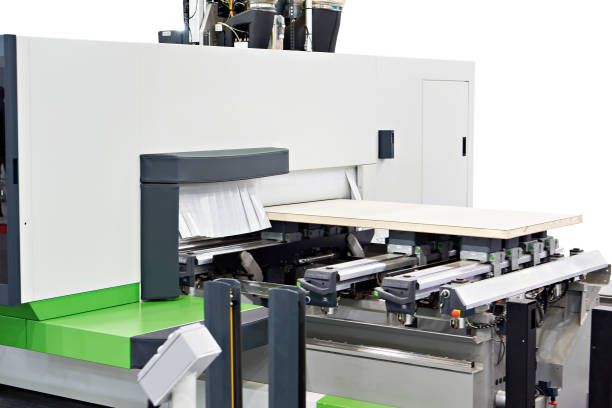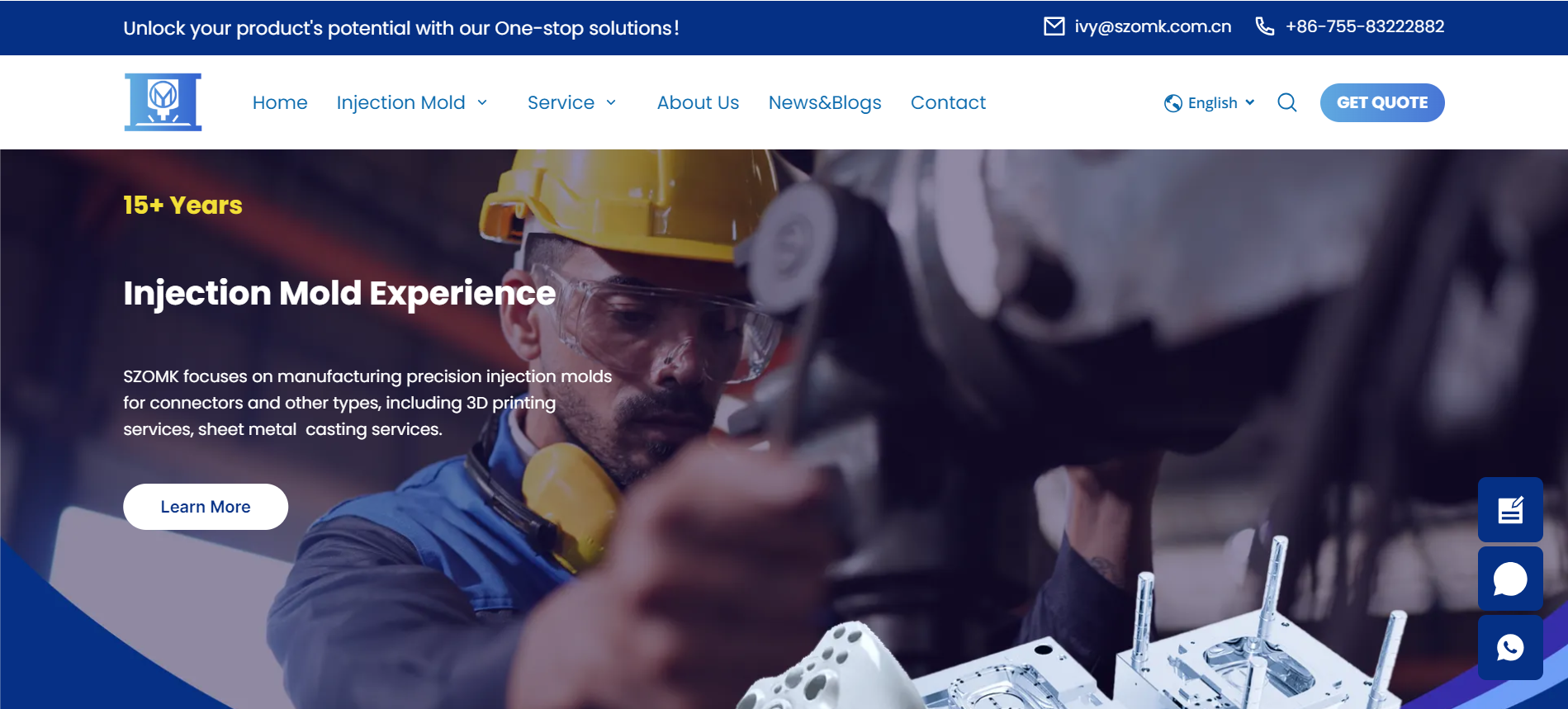Unlock your product's potential with our One-stop solutions!
+86-755-83222882

GET QUOTE
What Are the Three Basic Types of Injection Moulding Machines?
In the world of manufacturing, injection moulding stands as a cornerstone, allowing for the production of a vast array of plastic products with unparalleled precision and consistency. At the heart of this process lie injection moulding machines, each designed with unique characteristics tailored to specific needs. Today, we embark on a journey to uncover the three basic types of injection moulding machines, illuminating their roles and significance in streamlining production processes.
Understanding Injection Moulding Machines
Injection moulding machines serve as the backbone of the manufacturing realm, facilitating the transformation of raw materials into intricate plastic products. These machines operate through a meticulously orchestrated process, where plastic granules are melted and injected into mould cavities, ultimately solidifying into the desired shape. Precision, repeatability, and force emerge as the guiding principles underlying the operation of these machines, ensuring consistent and high-quality outputs.
Hydraulic Injection Moulding Machines
Hydraulic injection moulding machines have long held sway in manufacturing circles, owing to their reliability and versatility. These machines harness the power of hydraulic pumps and cylinders to generate the force necessary for the injection moulding process. Operating on a robust framework, hydraulic machines offer a broad range of clamping force options, enabling them to tackle a diverse array of materials and mould designs. However, their proficiency comes at the cost of increased energy consumption and maintenance requirements.
Electric Injection Moulding Machines
The evolution of injection moulding technology has heralded the rise of electric injection moulding machines, ushering in a new era of precision and efficiency. Diverging from their hydraulic counterparts, electric machines employ high-performance servo motors to drive their operations. This shift not only enhances precision but also yields significant energy savings by consuming power only as needed. While electric machines boast superior speed, cleanliness, and precision, their upfront costs may pose a deterrent to some manufacturers.
Hybrid Injection Moulding Machines
Hybrid injection moulding machines serve as a pivotal bridge between the traditional hydraulic and modern electric machines, blending the best of both worlds. These machines seamlessly integrate electric servo motors with hydraulic systems, harnessing the precision of electric technology and the robustness of hydraulics. By leveraging this hybrid design, manufacturers can achieve unparalleled versatility and efficiency in their production processes. However, it's essential to note that hybrid machines may entail higher complexity and maintenance needs compared to their singular counterparts.
Selecting the Right Machine
Choosing the optimal injection moulding machine hinges on a nuanced understanding of specific requirements and constraints. Factors such as the product's intricacy, production volume, budget, and workspace limitations play a pivotal role in decision-making. Consulting with knowledgeable suppliers, such as SZOMK, can provide invaluable insights into selecting the most suitable machine for a given application. By carefully weighing these considerations, manufacturers can ensure seamless operations and maximize productivity.
Future Trends in Injection Moulding Machines
As technology continues to evolve, the injection moulding industry is poised for significant advancements in the coming years. Anticipated trends include the proliferation of automation, further enhancements in hybrid technology, a heightened focus on sustainability, and the integration of IoT solutions. These developments hold the promise of revolutionizing manufacturing efficiency and competitiveness. Therefore, staying abreast of these trends and embracing emerging technologies is paramount for businesses striving for long-term success in the dynamic manufacturing landscape.
Conclusion
In the realm of injection moulding, understanding the nuances of machine types is paramount for optimizing manufacturing efficiency and product quality. From the reliability of hydraulic machines to the precision of electric counterparts and the versatility of hybrid solutions, each option offers unique benefits tailored to specific needs.
As businesses navigate the dynamic landscape of manufacturing, it's crucial to partner with trusted experts who can deliver innovative solutions. SZOMK stands at the forefront of injection moulding services, offering cutting-edge technology and expertise to meet diverse production requirements. With a commitment to quality, efficiency, and customer satisfaction, SZOMK provides a comprehensive range of injection moulding solutions tailored to individual needs. Whether it's rapid prototyping, high-volume production, or specialized custom projects, SZOMK's injection moulding service delivers exceptional results. With SZOMK, manufacturers can unlock new possibilities, drive innovation, and stay ahead in today's competitive market.


